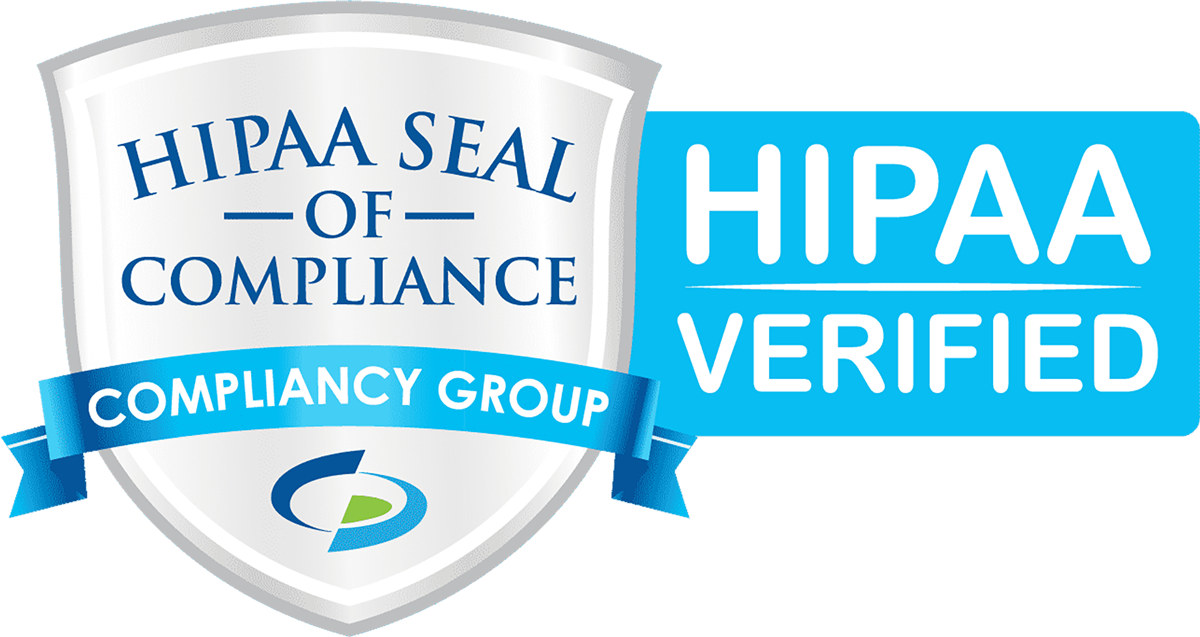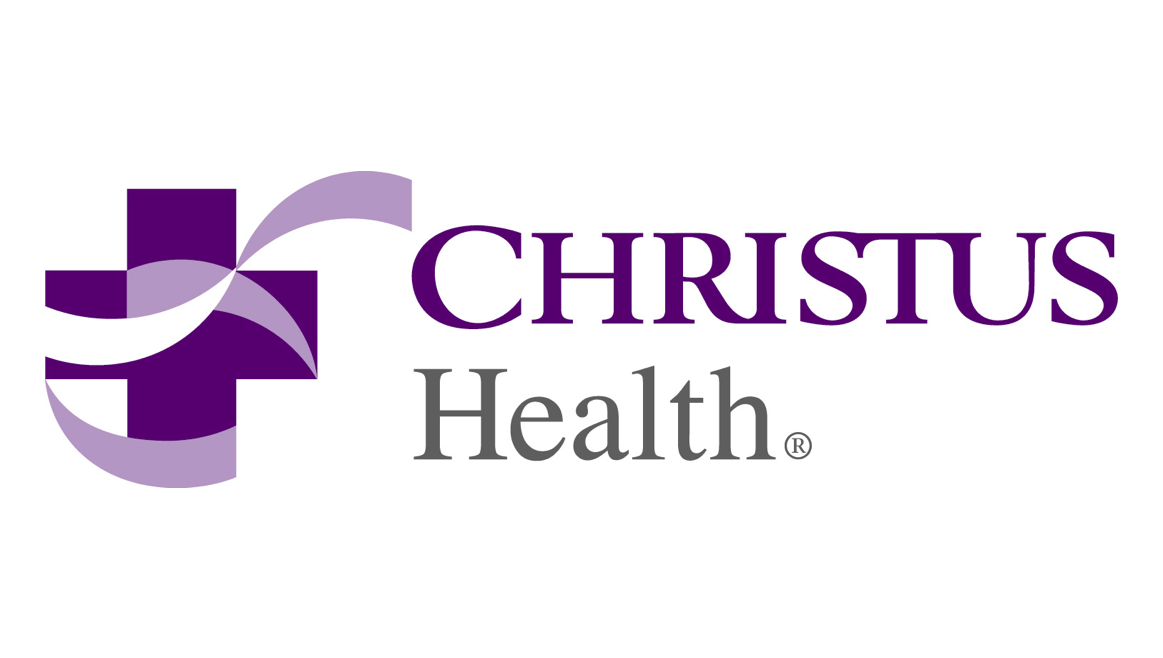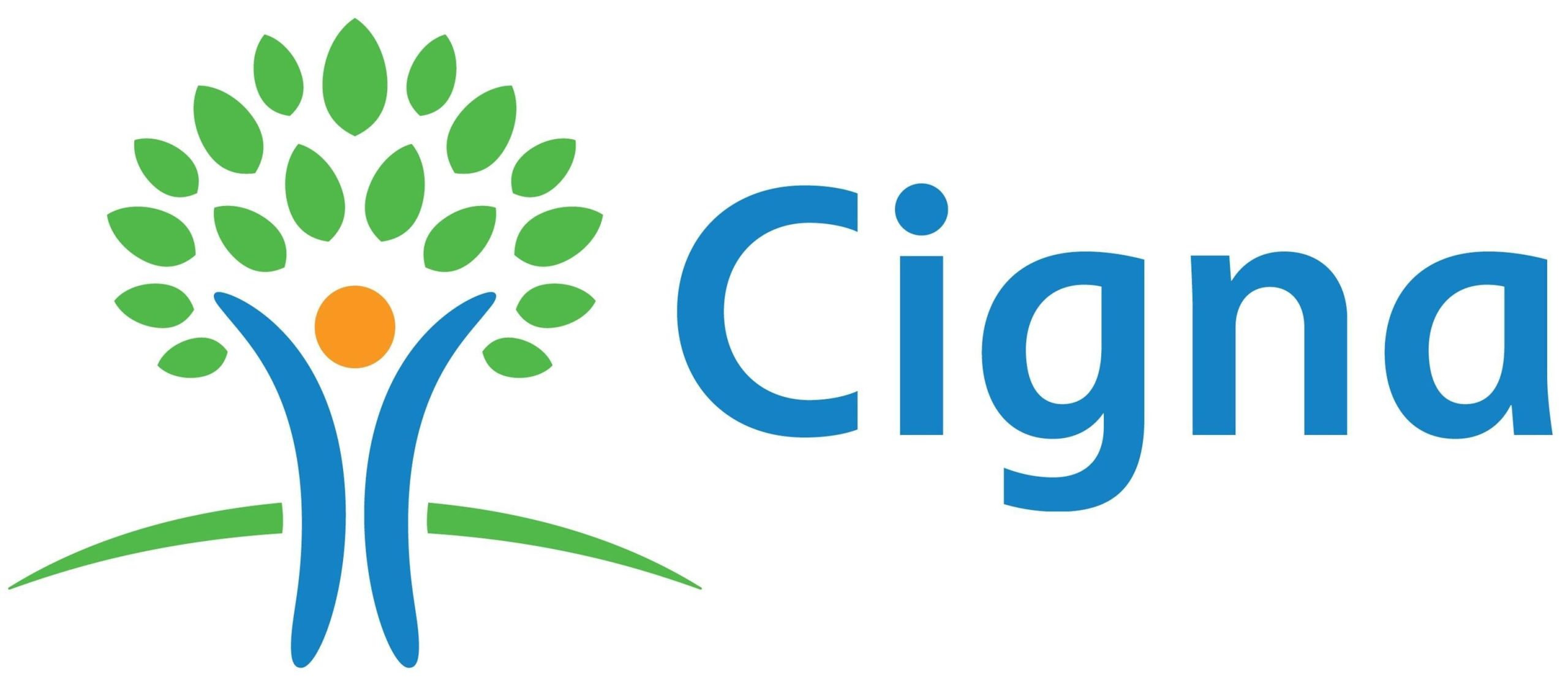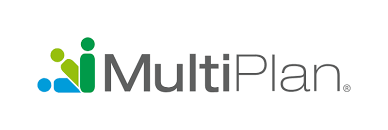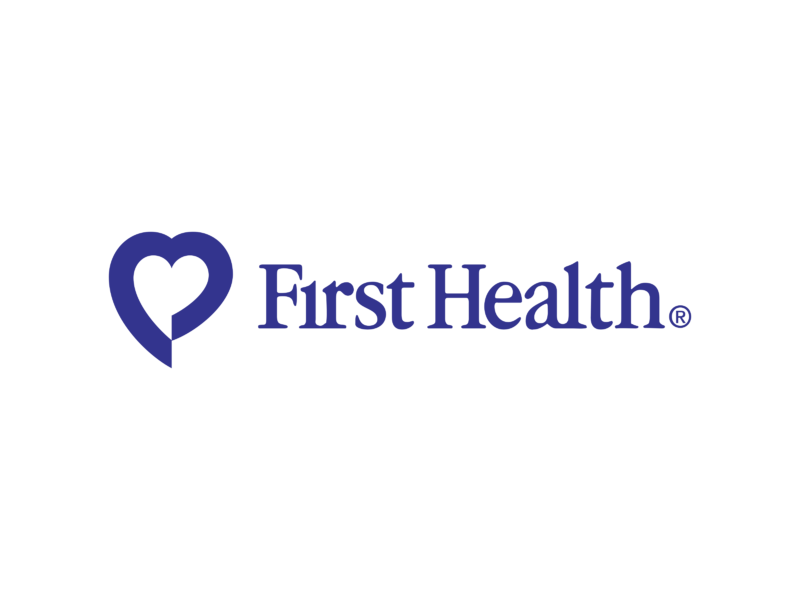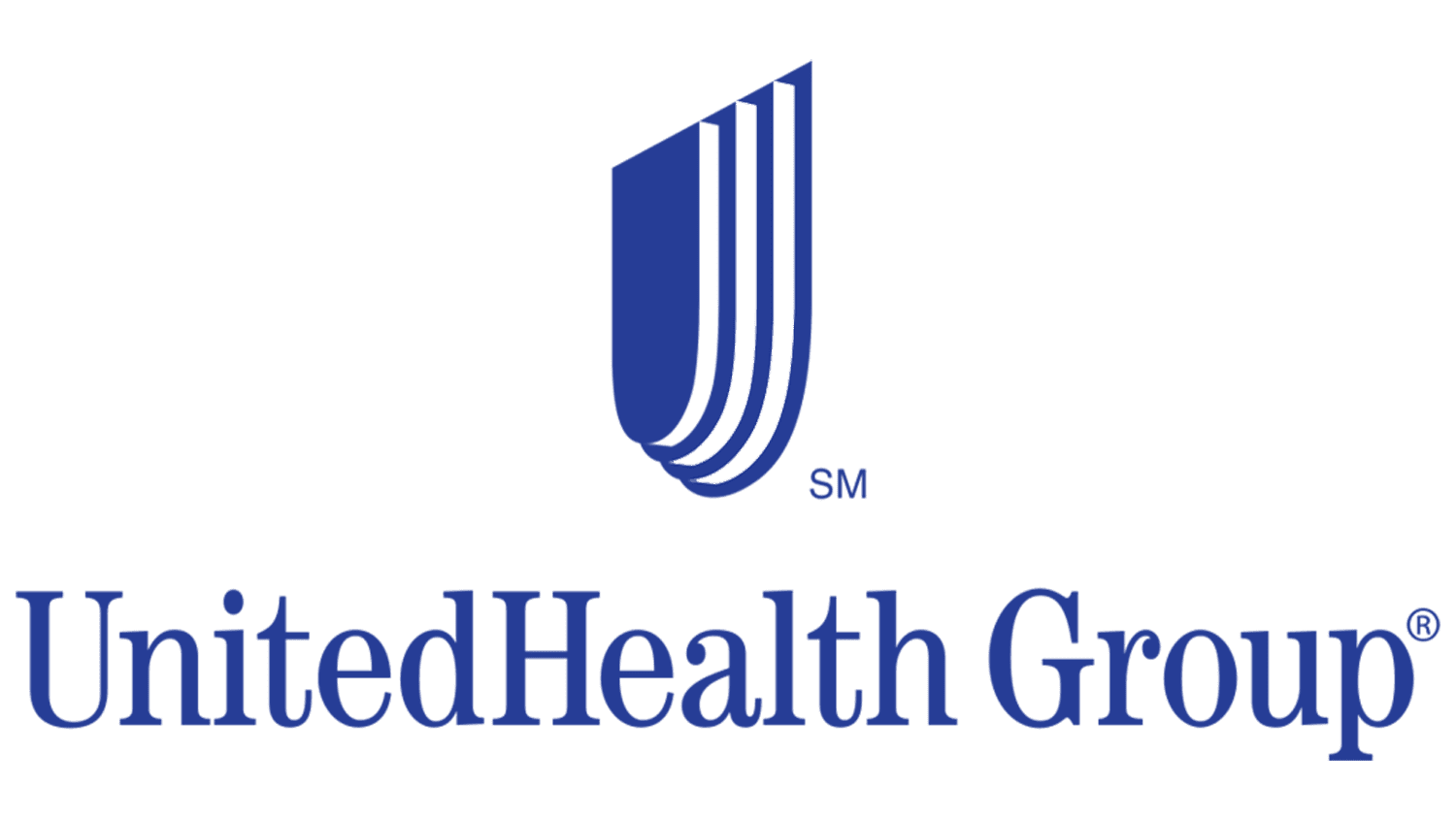Understanding Partial Hospitalization Programs
The Role of PHP in Mental Health Treatment
A Partial Hospitalization Program (PHP) serves a pivotal role in the continuum of care for individuals struggling with mental health or substance use disorders. At Bright Path Program, we understand the complexities involved in treating these conditions and offer PHP as a structured yet flexible solution. PHPs provide more intensive support than traditional outpatient programs, ensuring that individuals receive the care they need while allowing them to return home at the end of each day.
Here at Bright Path, our PHP includes a variety of therapeutic services such as group therapy, medication management, and psychoeducational sessions. Our clients typically attend therapy four to five days a week, which enables them to actively participate in their recovery while gradually resuming their daily routines. For those interested in detailed therapies within our PHP, such as cognitive behavioral therapy or dialectical behavior therapy, we provide a comprehensive approach to meet diverse treatment needs.
Bridge between Inpatient and Outpatient Care
Partial Hospitalization Programs occupy a unique position between inpatient (residential) and outpatient care. These programs offer a higher level of care than traditional outpatient options while providing the flexibility for individuals to return to their home environment each day. This blend of structure and flexibility is vital for those who are not yet ready for full outpatient care but do not require 24-hour supervision.
By functioning as a bridge, our PHPs help patients transition smoothly from the confines of inpatient care to the autonomy of outpatient services. This gradual transition is essential for building the skills needed for long-term recovery and sobriety. For example, through our program, individuals can practice coping strategies in real-life settings and receive immediate feedback and support from our team. This feature is particularly beneficial for patients undergoing drug addiction treatment or depression treatment, where continual reinforcement and support are crucial.
We aim to make this transitional phase as seamless as possible, ensuring that our clients receive the continuity of care they need to succeed in their recovery journey. For those interested in exploring other supportive environments, we also offer options such as transitional independent living and day programming to further strengthen their path to wellness.
At Bright Path, our Partial Hospitalization Program is designed to help you navigate this critical phase with the utmost care, compassion, and professionalism.
Benefits of Partial Hospitalization Programs
Partial Hospitalization Programs (PHPs) serve as an essential component of our comprehensive treatment approaches at Bright Path Program. These programs offer various benefits that facilitate the healing and recovery process for individuals struggling with mental health and substance use issues.
Structured Support and Therapeutic Activities
At Bright Path Program, we believe that structured support is crucial for effective treatment. PHPs provide a well-rounded schedule of therapeutic activities designed to promote holistic healing. These activities may include:
- Group Therapy: Facilitates peer support and interpersonal skill-building.
- Individual Therapy: Offers personalized attention to address specific challenges.
- Psychoeducation: Educates patients on mental health issues and coping strategies.
- Holistic Therapies: Incorporates mindfulness, yoga, and other wellness practices to enhance overall well-being.
These structured activities provide a balanced approach, ensuring that every participant receives comprehensive care tailored to their unique needs.
Transitioning in the Continuum of Care
PHPs act as a vital bridge between inpatient care and outpatient programs, offering more extensive care than traditional outpatient services while allowing individuals to maintain their daily routines. This unique positioning in the continuum of care enables patients to gradually transition from intense, round-the-clock care to a more independent lifestyle.
Our PHPs facilitate this transition by allowing patients to return home at the end of each day, enabling them to practice the skills acquired during therapy in their everyday environment. This approach helps solidify new coping mechanisms and ensures consistent support from loved ones.
Key elements of the transition process in PHPs include:
- Gradual Reduction in Therapy Intensity: Tailored to help patients smoothly transition to lower levels of care.
- Community Integration: Encourages application of skills in real-world settings.
- Ongoing Support: Provides continued access to therapeutic resources while increasing independence.
| Level of Care | Intensity of Therapy |
|---|---|
| Inpatient/Residential | High (24/7 care) |
| Partial Hospitalization | Medium (Daily therapy with evening discharge) |
| Outpatient Programs | Low (Weekly sessions) |
This structured yet flexible approach ensures that individuals receive the care they need at every stage of their recovery journey.
For those interested in learning more about specific therapies offered in our PHP, explore our dedicated sections on cognitive behavioral therapy and dialectical behavior therapy. These therapies are key components of our holistic treatment approach, addressing various conditions such as depression, anxiety disorders, and substance abuse.
Admission and Requirements for PHP
When considering enrollment in our Partial Hospitalization Program (PHP), it is vital to understand the criteria for acceptance and the evaluation process for assessing a patient’s level of independence. This ensures that the treatment provided aligns with one’s mental health and substance abuse needs.
Criteria for PHP Enrollment
For one to be eligible for our PHP, specific criteria must be met. These requirements help us to determine if the program is suitable for the individual’s current mental health state.
- Diagnosis: The individual must have a primary diagnosis of a mental health or substance abuse disorder that requires intensive treatment.
- Stability: Patients should exhibit a certain level of emotional and psychological stability, as the program is designed for those who do not need 24/7 care.
- Functional Capability: The patient should demonstrate the ability to engage in group therapy sessions, adhere to a daily treatment schedule, and manage their own medications. This ensures that the individual can actively participate in and benefit from the program’s structured environment.
- Risk Level: The individual should not pose a significant risk to themselves or others, as the program offers a less restrictive form of care compared to inpatient treatment.
We offer a variety of therapeutic methods such as cognitive behavioral therapy, dialectical behavior therapy, and EMDR therapy, which cater to different mental health needs.
Evaluation of Patients’ Independence
Assessing a patient’s independence is a crucial step in determining their suitability for our PHP. This involves evaluating various aspects of their daily functioning:
- Physical Independence: Patients should be able to perform basic self-care tasks without assistance.
- Emotional Independence: The ability to self-regulate emotions to some extent, engage in therapeutic activities, and participate in group sessions.
- Cognitive Independence: Patients must be able to understand and follow treatment plans, manage their medications, and communicate effectively with mental health professionals.
By integrating case management services, peer support, and relapse prevention planning, our PHP provides a comprehensive system of care that ensures patients receive the necessary support as they progress through treatment. These services help individuals transition smoothly within the continuum of care, from intensive treatment to a more independent lifestyle. For more on what to expect in our PHP, read about our day programming and intensive out-patient program.
If you believe our PHP might be suitable for you or a loved one, or if you want more information on the enrollment process, please contact us. For an overview of additional support services, see our section on transitional independent living.
Effectiveness and Outcomes of PHP
Statistical Insights on PHP
Our partial hospitalization program (PHP) at Bright Path Program offers promising results for individuals seeking mental health and substance abuse treatment. Studies have consistently shown the effectiveness of PHPs in improving mental health symptoms, reducing substance use, and enhancing overall functioning.
According to a study in the Journal of Substance Abuse Treatment, individuals who participated in PHPs exhibited significant improvements in various areas compared to those who did not receive this level of care. Notably, patients showed higher rates of abstinence and lower relapse rates. Below is a summary of key findings:
| Outcome Measure | PHP Participants (Improvement %) |
|---|---|
| Abstinence Rate | 78% |
| Relapse Rate | 22% |
| Psychological Well-being | 65% |
| Social Functioning | 50% |
Further research, published in the Journal of Psychoactive Drugs, corroborates these findings by indicating significant improvements in psychological well-being and enhanced social functioning among PHP participants. Additionally, individuals showed higher engagement in aftercare services, which further contributes to long-term recovery.
Success Rates and Long-Term Recovery
The success rates of our PHP are encouraging, demonstrating that structured support leads to positive outcomes. Those who undergo partial hospitalization have been found to experience significant improvements in mental health outcomes—making PHP an excellent choice for individuals grappling with mental health issues.
Research indicates that participants in PHPs and intensive outpatient programs experience marked improvements due to access to mental health professionals and evidence-based treatments in a supportive setting.
Our PHP offers a comprehensive range of support services including cognitive behavioral therapy, dialectical behavior therapy, family therapy, relapse prevention planning, and peer support to enhance the recovery process (e.g., transitional independent living). These services are designed to provide individuals with ongoing support and the necessary tools to maintain long-term recovery.
By choosing Bright Path Program, individuals can rest assured that our partial hospitalization program employs evidence-based practices to support their journey towards mental health and sobriety.

